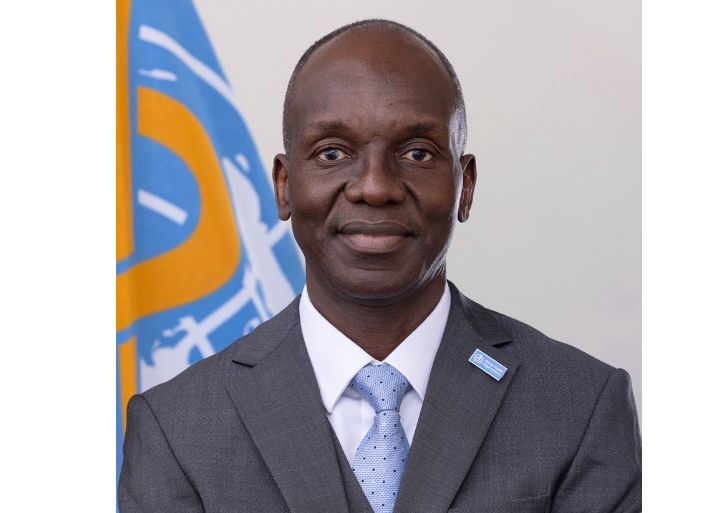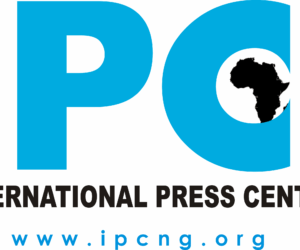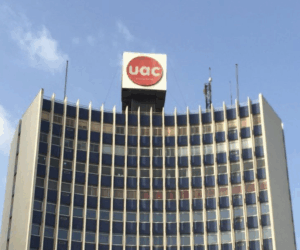The World Health Organisation (WHO) has revealed that 32 African countries have introduced the Human Papillomavirus (HPV) vaccine into their national immunisation programmes, marking a major step towards the global target of eliminating cervical cancer.
The WHO Regional Director for Africa, Mohamed Janabi, disclosed this in a message to commemorate the 2025 World Cervical Cancer Elimination Day, stressing that the continent is building momentum against one of the most deadly but preventable cancers affecting women.
Cervical cancer develops in the lower part of a woman’s womb, known as the cervix.
It occurs when the cells in that area begin to grow abnormally, often due to a very common virus known as HPV, which spreads mostly through sexual contact.
Although dangerous, the disease is largely preventable. With the HPV vaccine, regular screening, and early treatment, women can be protected long before the illness becomes life-threatening.
However, Mr Janabi said the combined use of HPV vaccination, routine screening and timely treatment places the elimination of cervical cancer within reach, provided countries sustain and expand access.
According to him, the 32 countries that have already rolled out the HPV vaccine are now reaching nearly half of all eligible girls across the region, with several more countries introducing the vaccine this year. At least eight additional countries are expected to commence rollout in 2026.
“Each introduction represents protection against both a virus and against loss, suffering and lives cut short too soon,” he said.
Screening into primary care
Mr Janabi highlighted the WHO-supported Women’s Integrated Cancer Services (WICS) initiative as a key mechanism helping countries embed cervical and breast cancer services into primary health care.
The model, presented to African health ministers at the 75th Regional Committee meeting, promotes continuous and accessible screening for women.
Through WICS, WHO is assisting countries to expand early detection and treatment of precancerous lesions, strengthen referral pathways and improve women-centred care.
Partners driving progress
The WHO Regional Director attributed recent gains to strong partnerships involving other UN agencies, including the International Atomic Energy Agency and the International Agency for Research on Cancer.
With support from donors such as the government of Spain, WHO is helping countries update national cancer control plans, train health workers and procure essential equipment.
Despite the progress, Dr Janabi warned that progress is not yet victory, as millions of women still lack access to screening, diagnosis and treatment due to weak health systems and limited financing.
He urged governments and partners to accelerate national efforts under the global elimination strategy, which focuses on vaccination, screening and treatment, and to prioritise women’s health in universal health coverage plans.
Mr Janabi noted that together, everyone can make elimination a reality, adding that every woman in Africa deserves access to protection, care and dignity regardless of where she lives.
HPV Vaccination in Nigeria
In April, PREMIUM TIMES reported that the federal government had scaled up its vaccination drive, including the rollout of the HPV vaccine to protect adolescent girls against cervical cancer.
The Executive Director and Chief Executive Officer of the National Primary Health Care Development Agency (NPHCDA), Muyi Aina, noted that since the HPV vaccine was introduced in October 2023 and May 2024, more than 13 million adolescent girls across the 36 states and the FCT have received the vaccine.
Mr Aina said the HPV vaccine, introduced in phases during those months, marked a major milestone in Nigeria’s effort to eliminate cervical cancer, given that the vaccine is 99 per cent effective when administered.
Speaking of efforts to combat cervical cancer, PREMIUM TIMES reported that last December, the Federal Capital Territory Administration (FCTA) received a donation of a colposcopy machine and other essential equipment from the Centre for Disease Control and Prevention, aimed at strengthening screening and early detection services for women in Abuja.
The machine, donated by Nordica Fertility Centre, was installed at Wuse District General Hospital, marking the first colposcopy centre in the FCT’s general hospitals.
READ ALSO: NGO conducts free breast, cervical cancer screening in Lagos
Cervical Cancer Elimination Day
Every year on 17 November, the world marks World Cervical Cancer Elimination Day, a day dedicated to raising awareness and accelerating efforts to prevent and eliminate cervical cancer.
The observance builds on a global movement that began on 17 November 2020, when 194 countries collectively committed to eliminate cervical cancer for the first time. Following this, WHO launched a Global Strategy aimed at making cervical cancer a public health problem of the past.
The theme for this year’s observance is “Act Now: Eliminate Cervical Cancer”, calling on governments, health partners, and communities to intensify action through vaccination, screening, and timely treatment.









